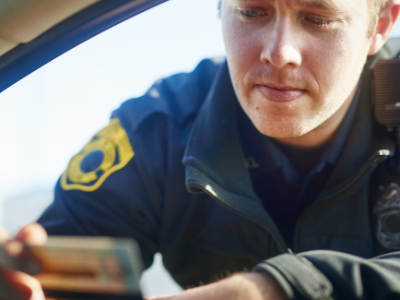The right to free speech has been defined and protected by the United States Constitution for more than two centuries. Despite its longevity, interpretation of the First Amendment may still come into question. State, local and federal governments can regulate expressions of free speech, especially where matters of larger public safety are concerned.
Where are protests allowed to happen?
Traditional public forums, such as public sidewalks or parks, have the most protection as a place to practice free speech. The government can retain the right to regulate as needed to protect public safety.
Other land and buildings owned by the federal government (and by United States taxpayers) are considered public, but not all are considered a forum for free speech. Free speech on certain government property may be limited for security reasons.
Designated public forums are places where the government creates a place for people to express themselves. This designation may be taken away, however it can’t be done specifically to keep certain groups or individuals from expressing their opinions.
Non-forums include government offices and areas where large groups would disrupt the ability of government employees to do their jobs.
What rights do private property owners have?
No one may protest on private property without permission from the property owner. Private property owners do need to respect free speech in public forums on their property (generally streets and sidewalks).
What can the government restrict?
People are generally able to express themselves in approved locations, however, there may be restrictions for when, where and how speakers share messages. Restrictions must be applied to everyone fairly and cannot be based on the actual content of any particular expression.
The government can stop any speech or behavior to protect public safety. While sit-ins, human barricades or sidewalk blocks may be a peaceful form of protest, the police are not infringing on the protestor’s first amendment rights if they require the crowd to disburse.
In very broad terms, any person’s rights end where another person’s rights begin. The right of free speech, while valuable, is not more valuable than other’s rights to safety. If you ever question your rights or feel they have been unfairly restricted, consult an attorney who can review your situation and help you understand how your constitutional rights, as well as state and local laws, apply.
If you have ARAG coverage, call our Customer Care department for help with any legal needs you may have.
This publication is provided as educational material only. While every effort has been made to ensure the accuracy of this publication, it is not intended as legal advice as individual situations will differ and should be discussed with an expert and/or lawyer.



